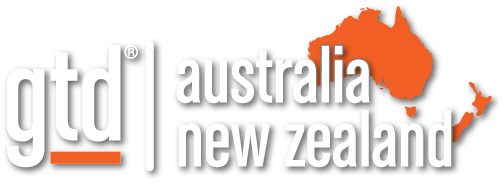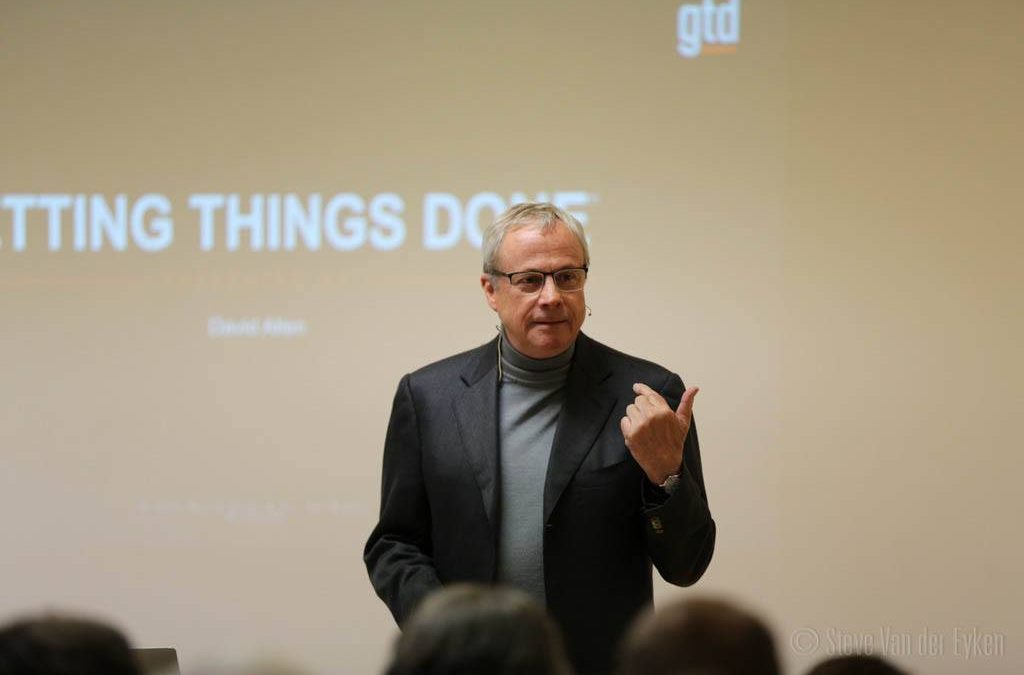Your head is a terrible office.
Your mind evolved to do incredible stuff—like stay alive in the desert or jungle. In fact, you’re benefiting from its evolved capacities right now: without effort, you recognize patterns and store and retrieve information to make sense of the myriad inputs coming at you twenty-four seven. You can look around and think, “That’s a chair, that’s a computer, that’s a person,” instead of perceiving each as simply multifarious vibrations of light and sound. Computers can hardly do that, even today. Yet you go to the store to get lemons, and you come back with six things and no lemons. What happened? You tried to use your head as your office.
Recent cognitive science research shows that the number of things you can mentally prioritize, manage, retain, and recall is . . . (hold on) . . . four! If you park any more than that in your head, you will sub-optimize your cognitive functioning. You will be driven by whatever is latest and loudest—rather than by strategy, intuition, or objective assessment.
Exercising your cognitive muscle
Your brain utilizes something like a “cognitive muscle,” which has limited capabilities and with overuse or misuse can get exhausted and enervated, just like your physical muscles. Storing tasks in your mind instead of within a trusted system—an “external brain”—forces it to do work it’s not designed to do well and keeps it spinning about. That’s why you wake up at 3:00am thinking, “I need cat food,” or, “What about our order that hasn’t come?”
Thirty-five years ago, I discovered the value and impact of unloading the mind of all tasks, to-dos, projects, and plans when a mentor had me do a complete “Mind Sweep.” I’ve since spent many thousands of hours, one-on-one, with some of the best and brightest people you’d ever meet, walking them through a similar process. Without exception, they achieved through that exercise greater control and focus, and experienced a huge reduction in stress. Without exception.
In the last decade, scientists in the relatively new field of cognitive science have published research that validates this process. In early years, this practice was called “distributed cognition,” which basically means get stuff out of your head. Distribute your cognitive load not only to relieve yourself of all that stressful remembering and recalling, but also so you can experience the joy of thinking creatively and solving problems, as your brain is optimized to do.
Resources for learning more
If you are interested in digging deeper into what science has concluded in this arena, here are four of my favorite recently published books, written by folks more expert than me in the field. (They all happen to be fans of GTD, by the way.)
Willpower: Rediscovering the Greatest Human Strength, by Dr. Roy Baumeister and John Tierney
Brain Chains: Your Thinking Brain Explained in Simple Terms, by Dr. Theo Compernolle
The Organized Mind: Thinking Straight in the Age of Information Overload, by Dr. Daniel Levitin
The Checklist Manifesto: How to Get Things Right, by Dr. Atul Gawande
Whether or not you believe what science says about the value of emptying the contents of your mind into some trusted bucket, try it out. I invite you to prove it wrong, as soon as you can, so you can at least get this off your mind!
—David Allen
This essay appeared in David Allen’s Productive Living Newsletter. Subscribe for free here.



Recent Comments